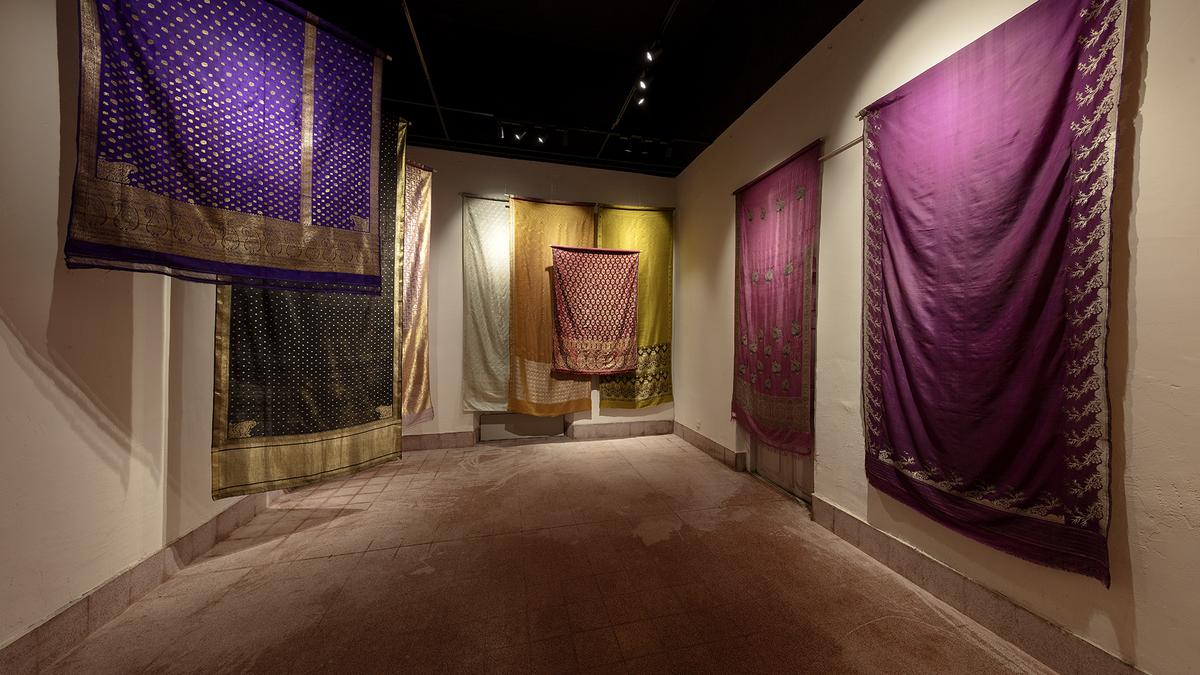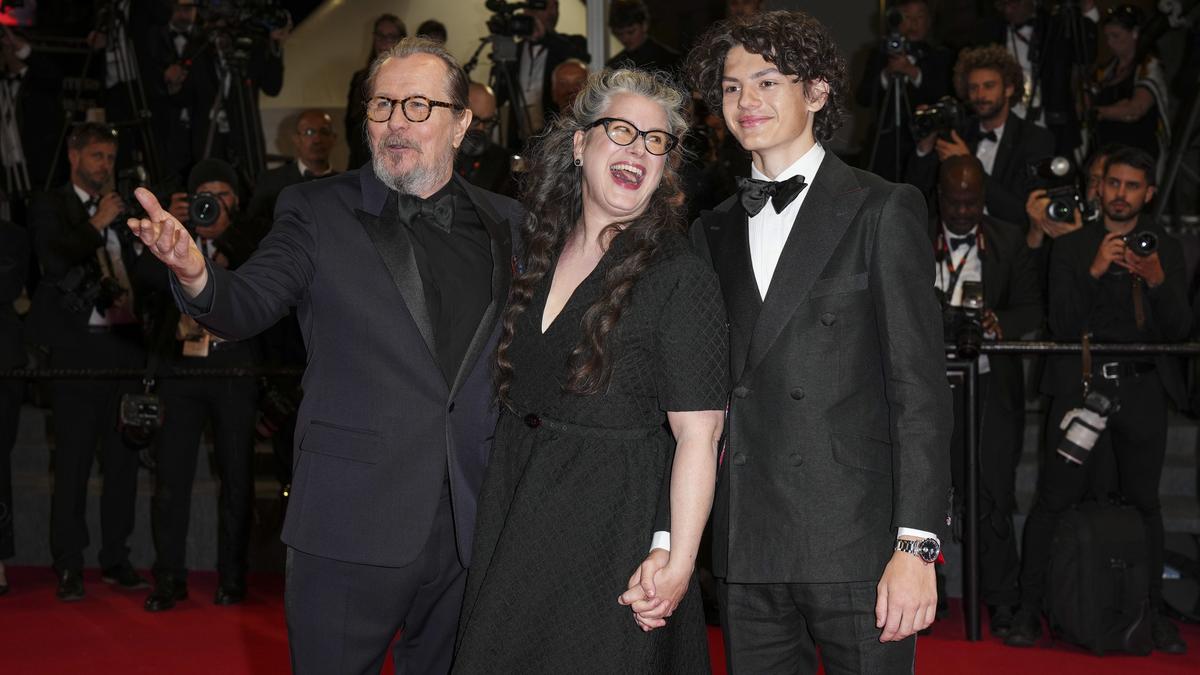Payal Kapadia, the 38-year-old whose movie All We Imagine as Light won the Grand Prix — the second most prestigious award at Cannes Film Festival — sees herself as a melancholic person, and this melancholy sets the tone for her movies.
Ms. Kapadia, hailing from Mumbai but having spent more time outside the city, says she got a sense of flux every time she visited the place. All We Imagine as Light is about Mumbai and the people who go to work there — people who are in a perpetual state of flux. Ms. Kapadia started working on the movie with a short film in her mind, but as she delved in to this flux, made up of different layers of relationships, All We Imagine as Light was born.
Ms. Kapadia, an alumna of the Pune-based Film and Television Institute of India (FTII), was very much part of the student protests that echoed across Indian universities in recent years and found herself living in an uncertain present.
Her first feature film, A Night of Knowing Nothing, embodies the personal vulnerabilities and uncertainties young Indian adults went through during this time. The roots of A Night of Knowing Nothing lie in the protests she were part of at her institute against the appointment of TV actor Gajendra Chauhan as its chairperson. The 139-day-long protests in 2015 saw Ms. Kapadia and her cinematographer Ranabir Das recording the incidents happening around them.
Ms. Kapadia says she and her team did not have a clear agenda on what their film was supposed to be going into production. She describes the movie as a found-footage film. Following the protests at the FTII, several Indian universities, including the Jawaharlal Nehru University, New Delhi, and the Hyderabad Central University, saw student protests. Ms. Kapadia says she coordinated with students from across these universities for footage and she even used CCTV footage and videos available in the public domain to put together her movie. It took around five years to put them together to get A Night of Knowing Nothing, which moves forward through letters between students, lovers, written during these protests.
“If we look at films being made in our country, you will always find someone in the crew who went to a public institute,” Ms. Kapadia told The Hindu. “As I was part of the strike in 2015, the student protests became very important for me in order to protect public institutes… designed to give everyone equal opportunity; A Night of Knowing Nothing was a homage to these spaces.”
Ms. Kapadia highlights a feeling of nostalgia that was part of her movies. Not the nostalgia for the past as it was often understood, but “a nostalgia for the present”. And this nostalgia for the present is visible not just in her feature films but also in her short films such as And What Is the Summer Saying and Afternoon Clouds.
Melancholy and joy
“Perhaps I am a very melancholic person”, Ms. Kapadia said. “In A Night of Knowing Nothing, the nostalgia was for the present, when the students were standing up for themselves,” she said. But there’s joy within the melancholy. “In the new film, too, I could not escape from melancholy, but there is also joy.”
Ms. Kapadia has said there is no shying away from politics and she keeps the feminist slogan ‘personal is political’ alive in her movies, while managing to combine it with aesthetics. But she draws a distinction between political films and propaganda films.
“Every film has its politics, the politics between the rich and the poor, the politics of the relationship between men and women, etc… it may or may not be the intention of the filmmaker, but it will show up. Propaganda films are not as naive. They know clearly what they are doing and they manipulate the truth to put forth an argument whose intention is to change the perspective of the viewer toward a certain political discourse. For me, the difference lies in the intention of the filmmaker, ” Ms. Kapadia said.
She also manages to bring in the element of love to the fore. In And What is the Summer Saying, the narrator describes how his father taught him about bees, which are lonely creatures and die once they mate, which was their only purpose. Later, the narrator describes how he found his father beginning to think more like bees, who must die when in love. Ms. Kapadia manages to portray this shift of perspective, from seeing the death of the bee as the sole purpose of a lonely soul to seeing the melancholic glory of the bees dying in love, in the simplest of possible ways highlighting vulnerability in her filmmaking.
Still basking in the glory and glitter of Cannes, Ms. Kapadia has shown the way forward for the Indian movie industry, which had to wait for 30 years for a competitive representation at Cannes. And, while she says she has not figured out what is next, Ms. Kapadia still has a long way to go. She hopes ‘things will be bit easier’ for her from now on.



